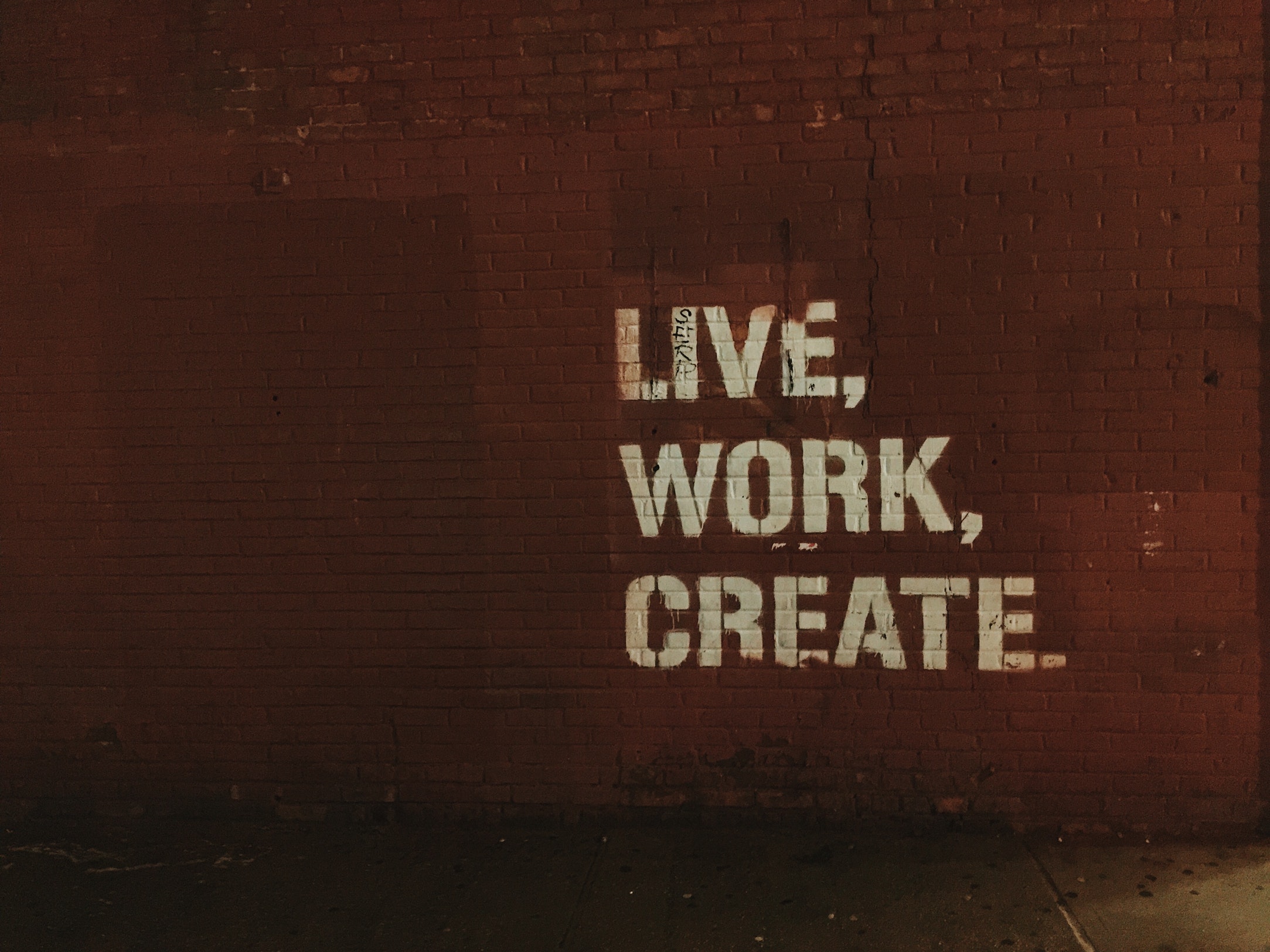Reality hit hard six months into job hunting. With little to no opportunities in my career field and zero responses from hiring managers, it was hard to not take it personally and lose hope. Entry level roles were asking for a minimum of 5 years experience with requirements that felt unattainable.
Watching our parents and family go to their jobs every day, working hard to provide for the family, it was embedded in our minds that we needed to find a corporate job after college. Even if we were not the happiest in our first role, we had to appreciate the salary, benefits package, and job security. We are often told that we have the rest of our lives to find a job we love; but why not find that job now?
The Gig Economy is now becoming a viable career option for recent graduates. Here are the three positives I took from entering the gig workforce after college.
- Endless Opportunities
Gig work – temporary or short-term contract work – is now becoming the norm for organizations and for the modern-day worker across all fields. According to a recent Deloitte 2018 Millennial Survey, 62% of millennials think the gig economy is a practical alternative to full-time employment. One of the main reasons the gig economy continues to grow is due to flexibility. Workers can balance their work life and home life while staying productive in their job. Companies offering more flexibility have environments that are healthier and more satisfying for the office.
“Seven in 10 millennials who are members of senior management teams or on boards would consider taking on short-term contracts or freelance work as an alternative to full-time employment.” Although the survey is titled to focus on the Millennial worker, Deloitte is aware that Generation Z (anyone born between January 1995 to December 1999) are entering the workforce now. Gen Z workers are more open to the gig workforce than Millennials.
After many rejections or unanswered emails, I was ready to ask for help. I went to a staffing agency that took the time to hear what I was looking for in a workplace culture and career. At the time, I was hesitant to join a contract role as I had the idea it wouldn’t provide the financial security I was looking for. There are many organizations, like Emerge, that offer their contract workers competitive pay and benefits. The negative stigma of contract work being a poor experience for the worker is out and this form of work is now desired.
2. Do You Really Love It?
You may have known what your dream career was at the age of four or it took you three changes in your major to learn what you wanted to do. None the less, taking what you know from a textbook and applying it to the real world can open your eyes, for better or for worse. Although your internship allowed you to test drive your skills, there was always a watchful eye over your shoulder to guide you. Now, applying those skills in a demanding role can change the task you once loved into a chore. The magic is gone.
Working contract roles allows you to learn what you like or dislike in a workplace. I worked an internship in an open office concept and found it exciting and stimulating at first, but a couple of weeks later I couldn’t concentrate on my work and I was often distracted by noise with little privacy. After working my contract role in a company that had individual cubicles, I found my productivity increase. I had my own private space to settle into every day with less distractions and noise from my coworkers.
3. The More Your Know
Entering an entry-level contract role not only builds your resume, you learn skills that can advance you in any career field. Project coordinating, cross-functional communication, business writing and etiquette to name a few. As you sat in your lectures, there were typically 3 different avenues within your field that you were given to show interest in. As you build your skills in your contract role, you soon learn there are endless facets and specialties within your field other team members are doing. Yes, that title that sounds kind of ridiculous and yet amazing does exist.
As my skills continued to evolve in my role, my hidden talents were seen as great potential to my team for other projects. As a contractor, the scope of my role continued to grow to bigger and better opportunities. I was able to add projects and accomplishments to my resume that many full-time employees could not take advantage of as their scope is narrower in their workplaces.



